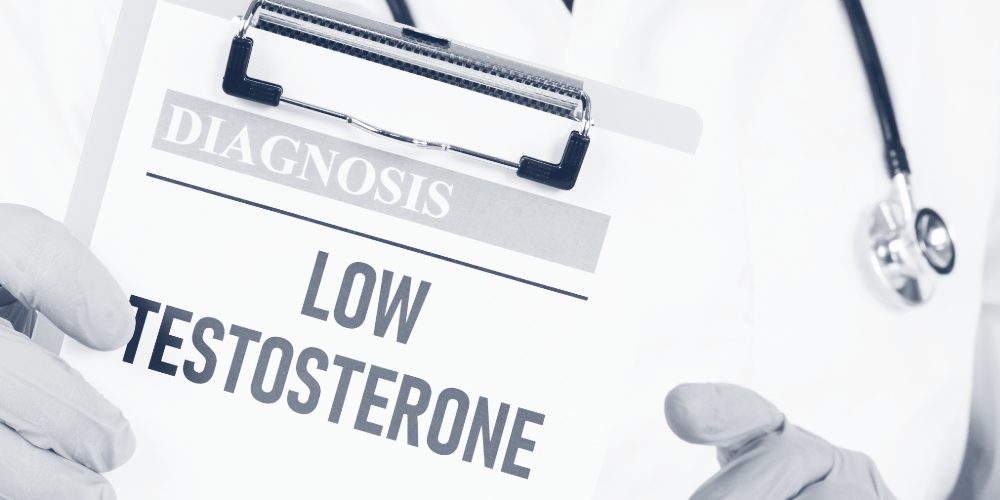Understanding the Drop in Testosterone Levels in Men
As men age, it’s natural for testosterone levels to begin a gradual decline. This hormone, often associated with masculinity, plays a crucial role in maintaining muscle mass, bone density, and a healthy sex drive. But what exactly causes this decrease in testosterone as men get older, and what can be done about it? Let’s dive into the details.
The Natural Aging Process
The most common reason for a decrease in testosterone levels is simply the natural aging process. Around the age of 25, men can expect a gradual reduction in hormone levels, decreasing by about 1% per year. While this might sound alarming, it’s a natural part of aging and doesn’t necessarily mean you’ll experience significant health issues. However, it’s essential to monitor how this change affects your well-being and lifestyle.
Lifestyle Factors
Lifestyle plays a significant role in testosterone levels. Factors such as lack of physical activity, poor diet, excessive alcohol consumption, and smoking can all contribute to lower testosterone levels. Stress is another critical factor; chronic stress can elevate cortisol levels, which inversely affects testosterone production. Making healthier lifestyle choices can help mitigate these effects and support your body’s natural hormone production.
Health Conditions
Certain health conditions can also lead to a decrease in testosterone levels. For example, conditions like obesity, diabetes, hormonal disorders, and infections of the testicles can impact hormone levels. Additionally, medications for blood pressure or conditions like depression can also affect testosterone production.
Environmental Factors
Exposure to certain environmental factors, such as endocrine-disrupting chemicals found in plastics, pesticides, and personal care products, can also negatively impact testosterone levels. These chemicals can mimic or interfere with the body’s hormones, including testosterone, leading to potential decreases in the hormone.
How to Address Decreasing Testosterone Levels
Understanding the reasons behind decreasing testosterone levels is the first step. From there, consider lifestyle changes such as exercising regularly, eating a balanced diet, managing stress, and limiting alcohol intake. Regular check-ups with a healthcare provider are also essential to monitor hormone levels and discuss any concerns.
For those experiencing significant effects from low testosterone, such as reduced muscle mass, low libido, or other symptoms affecting quality of life, Testosterone Replacement Therapy (TRT) might be an option worth considering. TRT can help restore hormone levels to their optimal range, improving symptoms and overall well-being.
At TRT Nation, we understand the impact that changing testosterone levels can have on your life. We offer comprehensive support and treatment options tailored to your needs, including affordable Testosterone Replacement Therapy at just $99 a month. Plus, with perks like free consultations, no monthly autopay, quick medication delivery, and HCG for fertility, we’re dedicated to providing top-notch care and support for our community.
Ready to take the next step? Learn more about Testosterone Replacement Therapy
: Testosterone Levels in Men
and how we can support your journey toward better health and well-being.
Remember, experiencing changes in testosterone levels is a normal part of aging, but it doesn’t have to dictate the quality of your life. With the right approach and support, you can manage these changes and continue to live a vibrant, active life.


